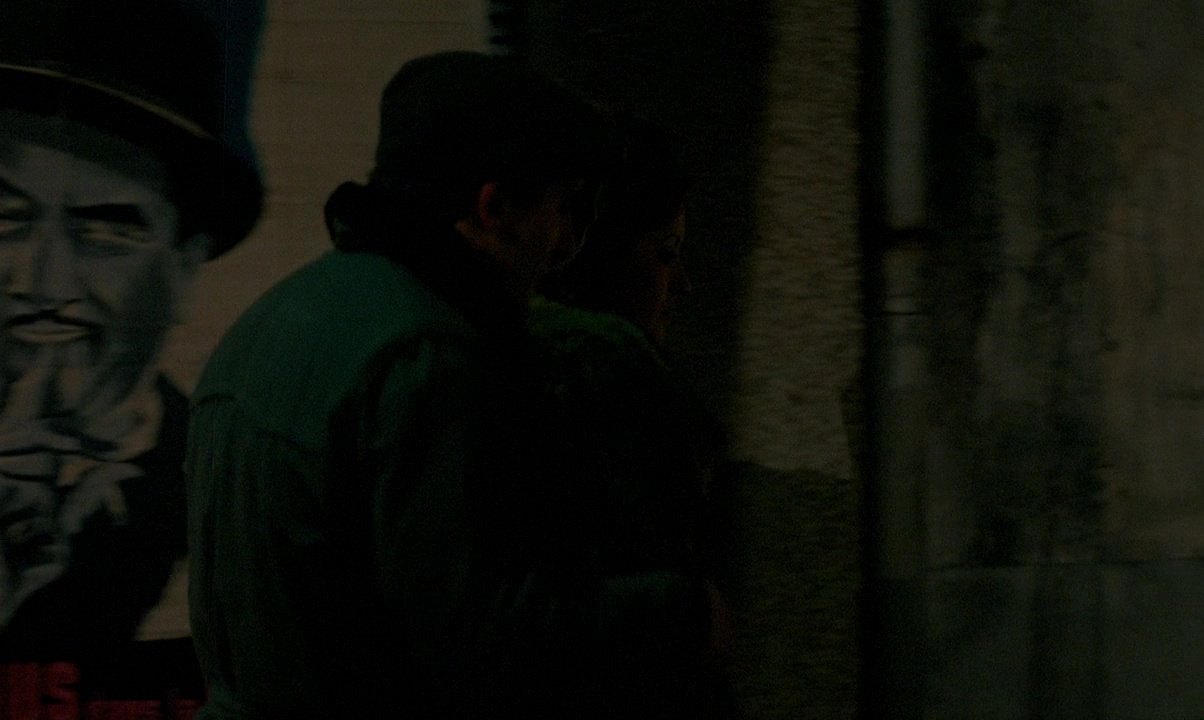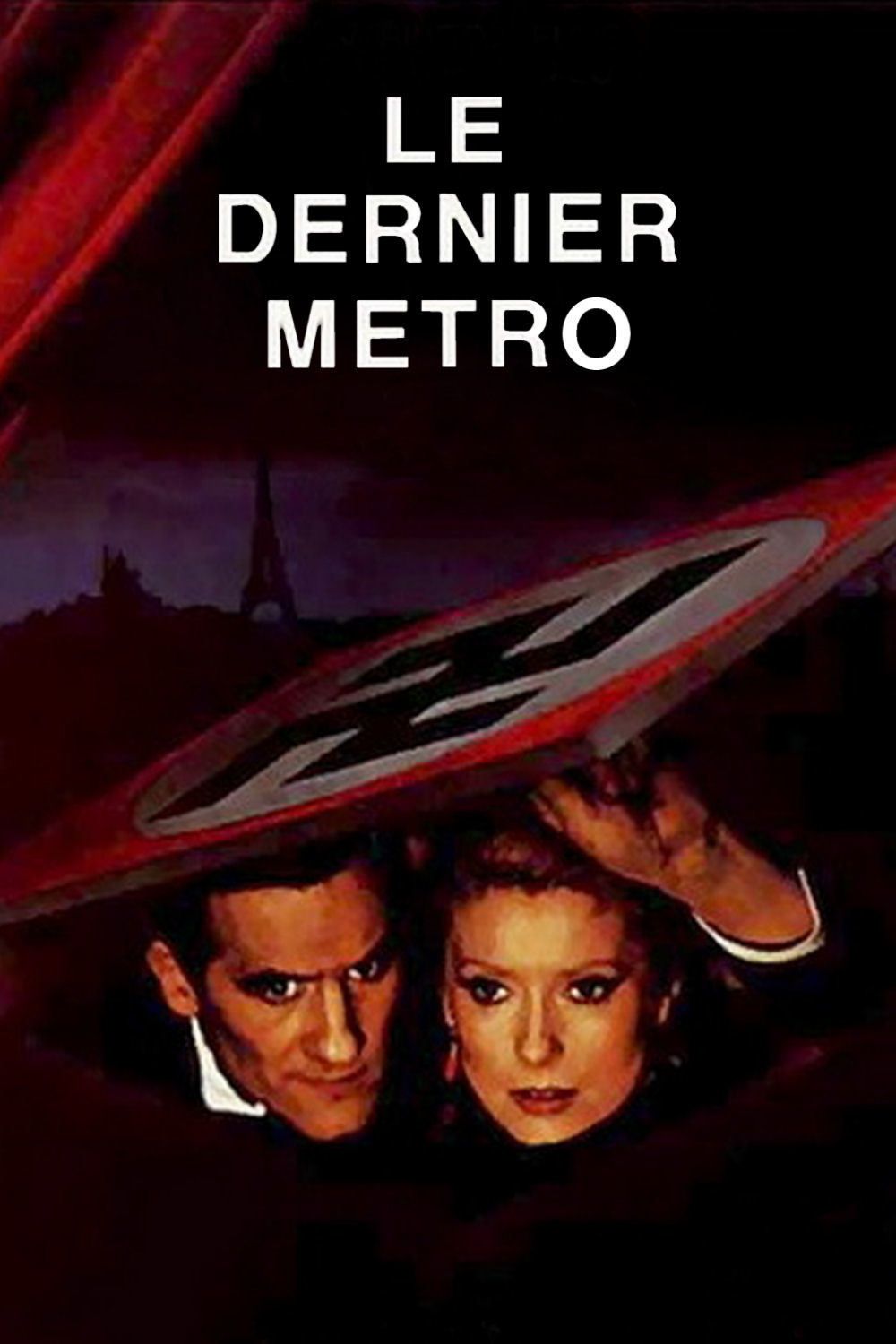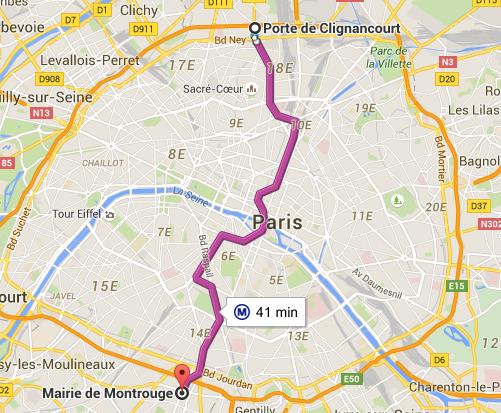
DERNIER METRO 4 PRO
The theatre group can be seen as the ‘good’ guys who are pro-resistance and characteristic of the French population, whilst the pro Fascist journalist Daxiat is the collaborator representing French extreme right movements. One critic even accused Truffaut of “reducing the massive nature of the holocaust to the private level of a domestic tragedy” (Affron and Rubinstein 1985 as discussed in Holmes and Ingram 1998).Īnother argument that can be levelled against Le Dernier Metro is that it appears to be too comfortably schematised.

In fact, most of the film takes place in the theatre and focuses on the Montmartre’s survival and the relationships among the theatre group. This can be seen in the elegant costumes that Catharine Deneuve wears, the material shortages, the menacingly black Gestapo cars and the overall darkness of the film which all help to create the texture of the everyday.Īlthough the film is clearly located in the Occupation and has a precise historical framework, it is nevertheless a personal film and critics objected to its avoidance of the brutal realities of the arrest and torturing by the Gestapo and the Holocaust. The film lighting is warm and golden and pleasure has been taken in the fashion and the look of the period that Truffaut is trying to evoke. From the beginning, we hear a nostalgic song by Lucienne Delyle about peacetime and love that creates a retro charm about the war period. Truffaut was a child during the Occupation and there is an undoubtedly personal, nostalgic feel to Le Dernier Metro. Thus, the question over whether it is a valid film about resistance and the Occupation, or whether it is an over-indulgent and nai? ve view of this period is often raised. Truffaut’s film has been criticised for it’s failure to address the difficult socio-political issues during a particularly contentious period of French history, but instead Truffaut was seen as exploiting the mythology of La France resistante in delivering a feel-good film that depicts the Occupation period as ‘comforting and comfortable’.

The story centres on a Jewish owned theatre company and its struggle to survive during the occupation years in face of anti-Semitism, food shortages and censorship.

The Curzon Cinema in Soho, London, is featuring a special François Truffaut tribute throughout March and will be taking the season around the country until July.Le Dernier Metro is a film directed by Francois Truffaut in 1980 and is set under the German Occupation of France after the armistice was signed in June 1940. However, his uncharacteristically mainstream approach was well received: the film won ten César Awards. She hires the womanising actor Bernard Granger (Gerard Depardieu) for the lead in their next production, the aptly titled play "Disappearance", which is to be directed from Lucas' own notes.Īs the film examines the rehearsals and production of the play, against a backdrop of fear and anti-Semitic persecution, Marion's frustration at the increasing emptiness of her marriage and the tenderness of her acting with Bernard draws her towards him.īernard's membership of the Resistance clashes with Marion's laissez-faire attitude towards the Nazis, adding to the tension and strains within the company.Īs one would expect from lead actors of this quality, Deneuve and Depardieu deliver magnetic performances, and the details of the period are exquisitely observed.īut with few of the director's idiosyncrasies, this is not one of Truffaut's more groundbreaking films. When Lucas Steiner (Heinz Bennent), the Jewish owner of the Montparnasse Theatre, is forced into hiding from the Nazis, his gentile wife and lead actress Marion (Catherine Deneuve) takes over. Truffaut sets the scene by telling us that under the occupation, food and fuel are scarce, and people book to go to the theatre, months in advance, often just to keep warm. In "The Last Metro", François Truffaut studies artists struggling against the odds - the artists being a Parisian theatre company and the odds, the Nazis, two years into their occupation of Northern France.


 0 kommentar(er)
0 kommentar(er)
